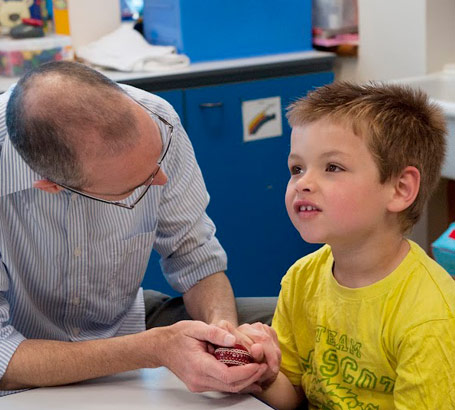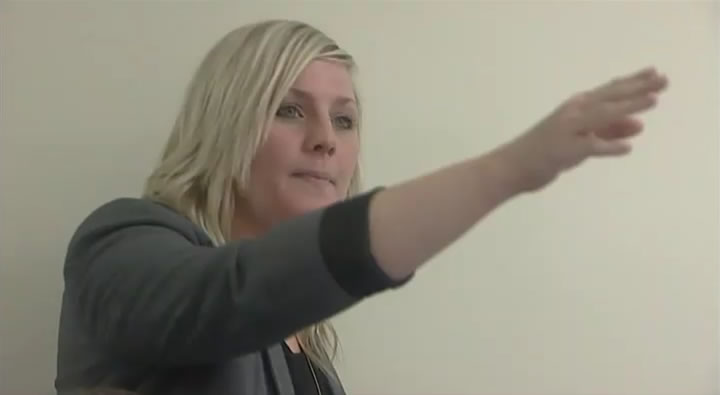
A child has Special Educational Needs if he has a
learning difficulty which calls for special educational provision to be made for
him.
Education Act, 1996
A child has a learning difficulty if:
- The child has a significantly greater difficulty in learning than the majority of children of the same age;
- The child has a disability which either prevents or hinders him from making use of educational facilities of the kind generally provided for children the same age in schools within the area of the local education authority;
Source: Education Act 1996
- The child is under compulsory school age and is, or would be, likely to fall within the first two categories if special educational provision were not made for him when of school age.

All state mainstream schools must have a Special Educational Needs coordinator
(SENCO) –
a qualified teacher with designated responsibility for children with special educational
needs.
All SENCOs new to the role from 1 September 2009 have been required to undertake and achieve the National Award for SEN Coordination.
Getting the right education for children with SEN and/or disabilities is a matter of recognising individuality and
providing timely and
appropriate responses.
Whether this is provided within a special school or through inclusion in a mainstream
setting, or a combination of both, should be determined by the needs of each child,
not a presumption based on their ‘category’ of disability.
Although Harvey is now 14 and a diagnosis of his deafness was made early, his family still finds that educational support for hearing and language has been disappointing. In other words, although early identification is important, so is a timely and appropriate response.
Early intervention
-
 Simon talks about Harvey's diagnosis1:51
Simon talks about Harvey's diagnosis1:51 -
 Simon talks about school provision for Harvey's needs1:00
Simon talks about school provision for Harvey's needs1:00
